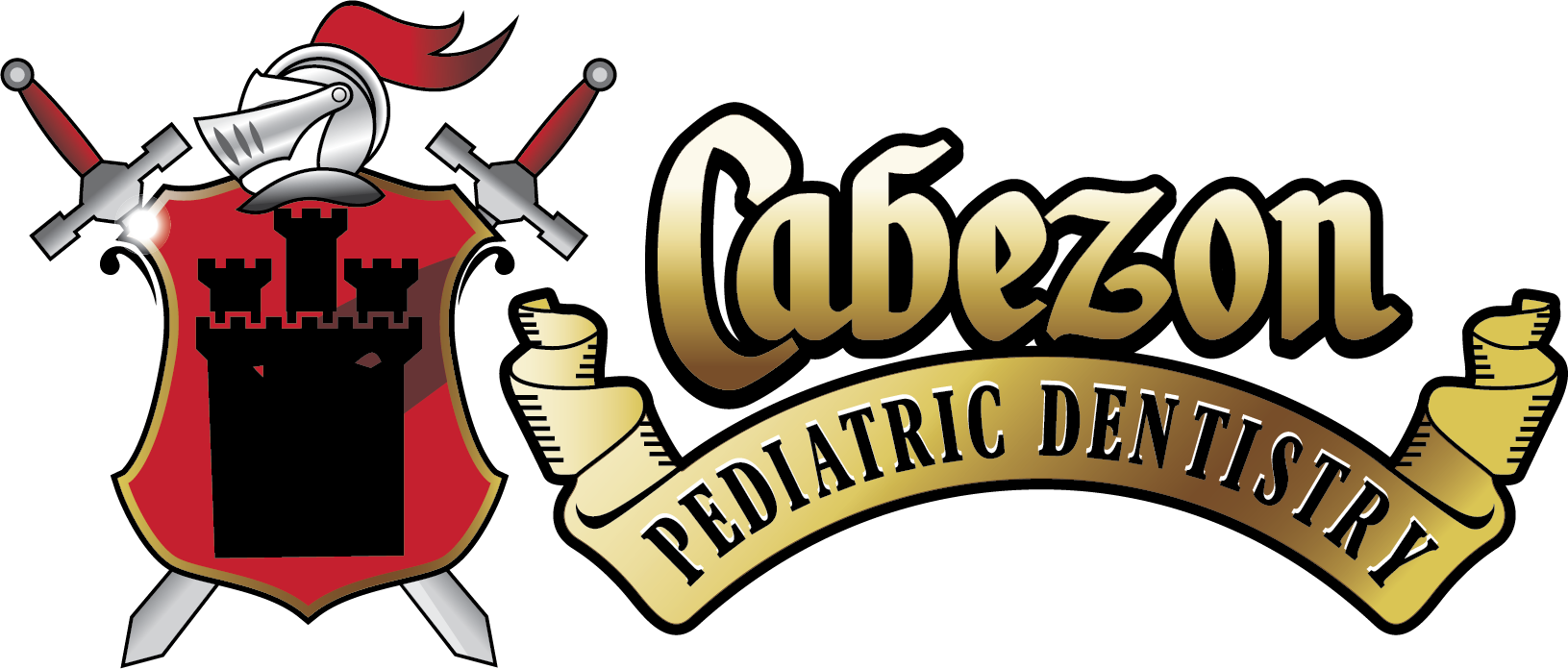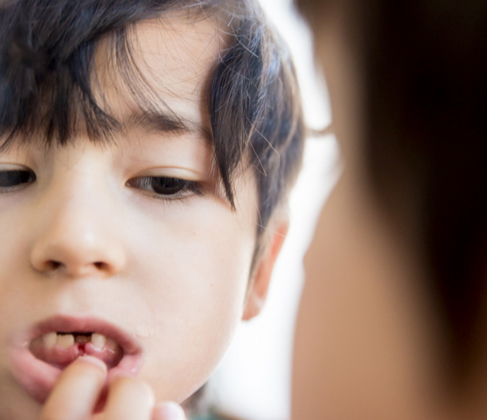Do you remember the first time you had a loose tooth?
Maybe you can recall the weird feeling in your gums when you wiggled the tooth around. Maybe you remember anxiously awaiting what comes next.
Then it happened — that wiggly tooth came out, and you knew you were growing up, and took pride in this new stage. (The money from the tooth fairy that came that night didn’t hurt, either!)
When it’s time for your child to experience the same feelings of anticipation and excitement from their first loose tooth, you want to make sure they have a great experience.
Whether your child starts to lose their teeth a bit early, a bit late, or right on time, your child’s first loose tooth is a good time to check for any abnormalities and make sure a healthy adult tooth is on its way. Help guide your child through losing their first teeth.
In this blog post, we cover everything from how old your child should be when they lose their first tooth, how to comfort your child with a loose tooth, and when you should consult a kids dentist.
When Do Baby Teeth Fall Out?
Typically, children lose their first tooth between 5 and 7 years old. While some children may have their first loose tooth by the age of 4, a loose tooth too early may be a sign something is wrong.
Take a peek at your child’s teeth to see if there are any of the issues below which may require the help of a dentist.
Check for Injuries
Children can be prone to tooth injuries during play and sports, especially if they haven’t been using a mouth guard.
If your kiddo experiences an injury or an impact that may have hurt their mouth, take a peek right away to check for any abnormalities in their gums or teeth.
If it appears there’s a crack or chip in your child’s tooth, swelling or bleeding around the gum, or they complain of intense pain, be sure to visit your dentist as soon as possible.
Check for Tooth Decay
Sometimes, tooth decay can cause your child to lose a tooth before it’s supposed to go. Plaque caused by a buildup of bacteria can eat away at the tooth’s enamel, gums, and eventually the root of the tooth.
You can prevent plaque buildup by helping your child maintain a steady routine of brushing twice for two minutes each brushing, and flossing once a day. But at times, things go awry. Either way, don’t panic — our kids dental care specialists are pros at helping fight tooth decay!
To check for signs of tooth decay, look for:
- Small white spots on the outside of the tooth
- Pain in the surrounding area of the tooth
- A spot either light brown, dark brown, or black in appearance
- Sensitivity to sweets, cold foods, or drinks
Signs of tooth decay can also be an indicator that you should take your child to see a dentist. Not only can losing teeth early due to tooth decay cause your child’s permanent teeth to become crowded, but it can put your child at risk of gum disease in the future.
What You Need to Know About Late Tooth Loss
What if your child hasn’t lost a tooth by 7 years old?
If your child doesn’t have a loose or lost tooth by 7, take them to the dentist for a kids’ dental care checkup. We’ll give them X rays, and find out just how close that stubborn tooth is to erupting and ensure their oral health is on track.
If your child has special needs, this could be normal, as sometimes children with Down Syndrome or similar conditions tend to lose their teeth a bit later than other children. Either way, checking in with your child’s dentist will get them the answers you need.
Should You Pull Out a Loose Tooth?
If your child seems to be losing their tooth naturally, you might wonder if you should help pull the tooth out or leave it be.
Start by asking your child which they would prefer. Some kids would rather get the discomfort over with and will ask for your assistance to pull a loose tooth. Other children don’t mind having a loose tooth, and would rather leave the tooth alone until it’s ready to pop out on its own.
If your child would like help, the easiest method is to wash your hands, then grasp the tooth with a tissue and gently squeeze it. If the tooth doesn’t come free easily, it may not be ready to be removed. In this case, leave it be for a few days — it will come free on its own eventually.
When your child does lose their tooth, help them celebrate this new milestone of growth! Let them know their new big kid tooth will be arriving in just a few weeks, and that the process will continue until all their teeth are permanent.
More About Baby Teeth
Although it’s natural for your child to lose their baby teeth when they’re ready, there could be other underlying health issues causing your child to lose their teeth too soon.
And while it may seem like baby teeth aren’t as important to care for as adult teeth, they’re very important for your child’s overall oral health and development.


